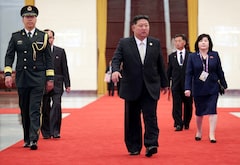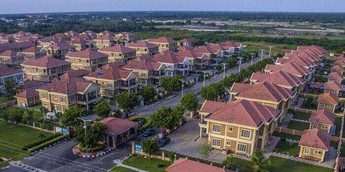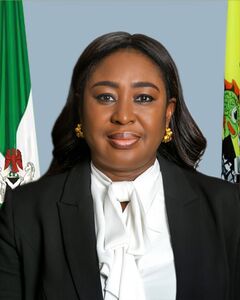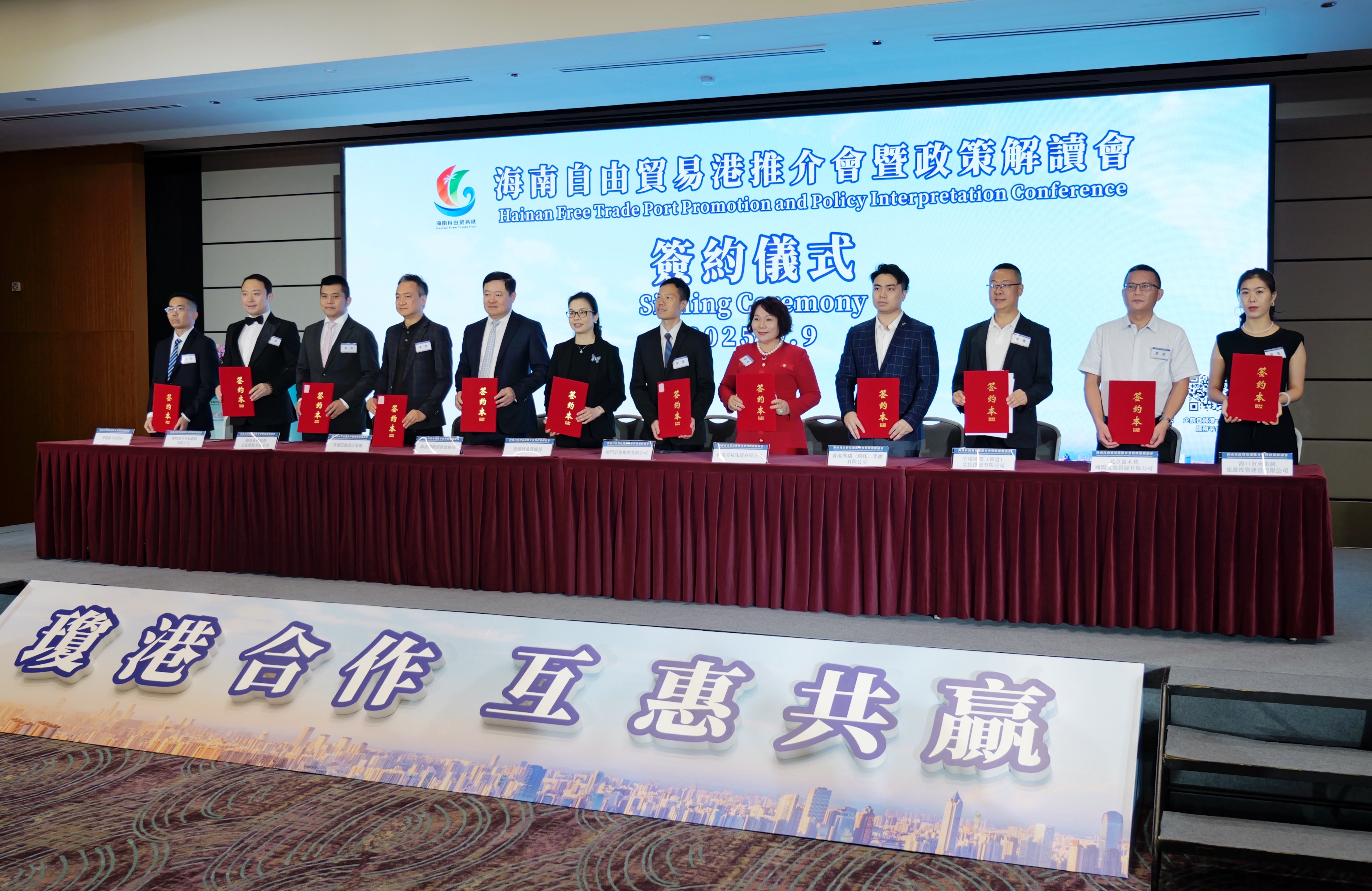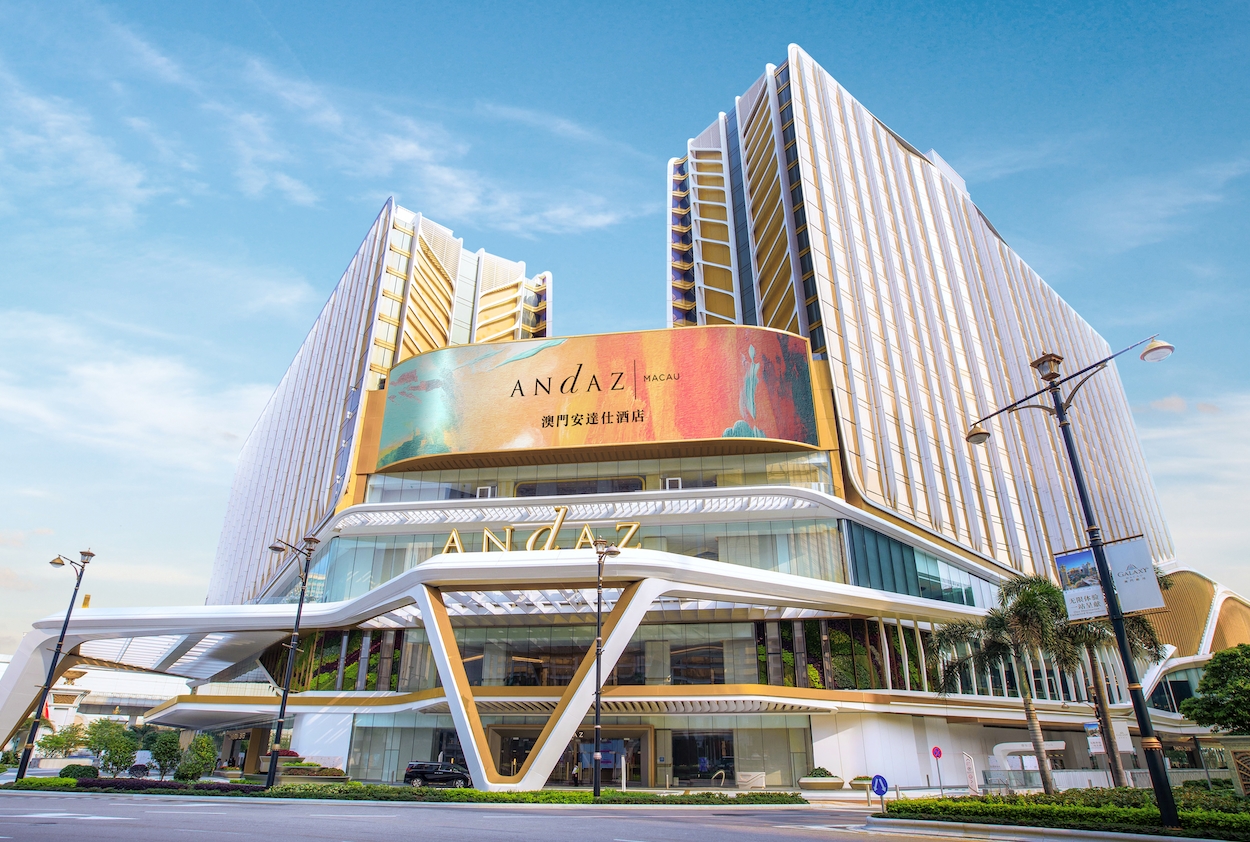Pyongyang, North Korea – September 9, 2025 – In a rare public address marking the 77th anniversary of the Democratic People’s Republic of Korea (DPRK), Supreme Leader Kim Jong Un delivered a speech that resonated with themes of national pride, military readiness, and unwavering loyalty to the state. The speech, broadcast through state media, was directed not only to the citizens of North Korea but also to its military personnel stationed overseas, a move that analysts suggest underscores the regime’s intent to project power and maintain control over its global military presence.
The occasion, the DPRK’s Founding Day, commemorates the establishment of the North Korean state on September 9, 1948, following the end of Japanese colonial rule and the division of the Korean Peninsula. Kim’s speech, delivered from an undisclosed location in Pyongyang, was a carefully choreographed display of leadership aimed at reinforcing the regime’s narrative of resilience in the face of external pressures, including international sanctions and diplomatic isolation. The address also served as a reminder of the pivotal role the military plays in upholding the Kim dynasty’s authority, both domestically and abroad.
A Message to Troops Abroad
Kim Jong Un’s decision to specifically address North Korean troops stationed overseas was a notable highlight of the speech. While the exact locations and number of these troops remain undisclosed, North Korea is known to maintain a small but strategic military presence in select countries, often under the guise of diplomatic missions, labor exports, or military cooperation agreements. These deployments, though limited in scale, are a critical component of Pyongyang’s efforts to project influence and gather intelligence in a world that largely views the regime with suspicion.
In his speech, Kim praised the “unwavering loyalty and dedication” of the troops, emphasizing their role as ambassadors of the DPRK’s ideology and strength. “You are the iron shield of our nation, standing firm in distant lands to protect our sovereignty and dignity,” Kim declared, according to the Korean Central News Agency (KCNA). He urged the soldiers to remain vigilant and disciplined, warning that “hostile forces” continue to threaten the DPRK’s survival. The mention of “hostile forces” is a recurring theme in North Korean rhetoric, typically referring to the United States, South Korea, and their allies.
The decision to address overseas troops is significant for several reasons. First, it signals that North Korea is keen to maintain morale among its personnel stationed abroad, who often operate in challenging and isolated conditions. These troops, whether engaged in military training, security details for diplomatic missions, or other covert activities, are a vital link in Pyongyang’s global network. Second, the public acknowledgment of these forces serves as a subtle reminder to the international community that North Korea’s reach extends beyond its borders, even if its military presence abroad is limited compared to global powers.
Historical Context: North Korea’s Founding and Its Military Legacy
To fully appreciate the significance of Kim’s speech, it is essential to understand the historical context of North Korea’s Founding Day. The DPRK was established in 1948 under the leadership of Kim Il-sung, Kim Jong Un’s grandfather, in the aftermath of World War II. The Korean Peninsula, previously under Japanese colonial rule from 1910 to 1945, was divided into two zones of occupation: the Soviet-backed north and the U.S.-backed south. This division set the stage for the creation of two rival states, with the DPRK proclaiming itself a socialist state dedicated to the principles of Juche, or self-reliance.
The Korean War (1950–1953), which erupted shortly after the DPRK’s founding, cemented the regime’s reliance on its military as the backbone of its survival. The war, which ended in an armistice rather than a peace treaty, left the peninsula divided along the 38th parallel, with the Demilitarized Zone (DMZ) serving as a constant reminder of the unresolved conflict. Since then, North Korea has prioritized military development, allocating a significant portion of its resources to building a formidable army and, in recent decades, a nuclear arsenal.
Kim Jong Un’s speech on September 9, 2025, invoked this history, portraying the DPRK as a nation forged in struggle and sustained by its military prowess. “Our republic was born in the fires of revolution and has stood tall against imperialist aggression,” he said, echoing the rhetoric of his predecessors. By invoking the sacrifices of past generations, Kim sought to rally both soldiers and civilians around a shared sense of purpose and defiance.
The Role of the Military in North Korean Society
The military occupies a central place in North Korean society, serving not only as a defense force but also as a symbol of national identity and loyalty to the Kim family. The Songun, or “military-first,” policy, introduced by Kim Jong Il in the 1990s, formalized the military’s primacy in resource allocation and decision-making. While Kim Jong Un has occasionally emphasized economic development, the military remains the regime’s most trusted institution, tasked with both external defense and internal control.
North Korea’s armed forces, officially known as the Korean People’s Army (KPA), are among the largest in the world, with an estimated 1.2 million active personnel. The KPA includes ground forces, a navy, an air force, and specialized units for cyber warfare and missile development. Despite its size, the KPA faces significant challenges, including outdated equipment, limited training resources, and the economic strain of maintaining such a large standing army in a country plagued by poverty and food insecurity.
Kim’s speech underscored the military’s role as the guarantor of the DPRK’s survival. He praised the KPA for its “unbreakable spirit” and highlighted recent advancements in military technology, including ballistic missiles and nuclear warheads. While Kim did not provide specific details about ongoing weapons programs, his remarks align with North Korea’s pattern of using national holidays to showcase its military achievements and deter perceived threats.
Geopolitical Implications of the Speech
Kim’s address comes at a time of heightened geopolitical tension. North Korea’s relations with the United States, South Korea, and Japan remain strained, with little progress made in denuclearization talks since the collapse of the 2019 Hanoi summit between Kim and then-U.S. President Donald Trump. The Biden administration has expressed a willingness to engage diplomatically with Pyongyang but has maintained strict sanctions in response to North Korea’s nuclear and missile activities. Meanwhile, South Korea, under President Yoon Suk-yeol, has adopted a hardline stance, strengthening its military alliance with the United States and conducting joint exercises that North Korea views as provocative.
The mention of troops abroad in Kim’s speech may also be interpreted as a signal to regional powers, particularly China and Russia, with whom North Korea has maintained strategic ties. Both countries have historically provided economic and diplomatic support to the DPRK, though their influence has waned in recent years as Pyongyang has pursued greater self-reliance. By acknowledging its overseas military presence, North Korea may be seeking to reassure its allies of its continued relevance as a regional player while also testing the waters for potential new partnerships.
Analysts speculate that North Korea’s troops abroad could be stationed in countries such as Syria, Iran, or certain African nations, where the DPRK has historically provided military training or technical assistance in exchange for economic aid or political support. These deployments, while small in scale, allow North Korea to maintain a foothold in global affairs and circumvent some of the restrictions imposed by international sanctions.
Domestic Challenges and Kim’s Leadership
While Kim’s speech projected confidence and strength, it also comes against the backdrop of significant domestic challenges. North Korea’s economy remains crippled by decades of mismanagement, international sanctions, and the lingering effects of the COVID-19 pandemic, which prompted the regime to seal its borders and further isolate the country. Food shortages, exacerbated by natural disasters and a lack of arable land, continue to plague the population, with reports of widespread malnutrition in rural areas.
Kim has sought to address these challenges through a combination of propaganda and limited economic reforms. In recent years, he has emphasized the development of “special economic zones” to attract foreign investment, though these efforts have yielded limited results due to sanctions and a lack of international trust. The Founding Day speech, with its focus on military strength, may also serve to distract from these domestic woes, rallying the population around a narrative of external threats and national pride.
Kim’s leadership style, which blends his father’s militarism with a more modern approach to public relations, has been a defining feature of his rule since he assumed power in 2011. Unlike his reclusive father, Kim Jong Il, Kim Jong Un has embraced a more visible role, frequently appearing in public and engaging with foreign leaders. His decision to address troops abroad in the Founding Day speech reflects this approach, projecting an image of a leader who is both domestically engaged and globally aware.
The Role of Propaganda in North Korea
Propaganda is a cornerstone of the North Korean regime, and Kim’s speech was no exception. Broadcast through state-controlled media, the address was accompanied by images of military parades, flag-waving crowds, and carefully curated footage of Kim interacting with soldiers and civilians. These visuals are designed to reinforce the regime’s narrative of unity and invincibility, even as the country grapples with internal challenges.
The Founding Day celebrations themselves are a major propaganda event, featuring concerts, fireworks, and mass demonstrations of loyalty to the Kim family. In Pyongyang, the capital, citizens gathered in Kim Il-sung Square to mark the occasion, with state media reporting “spontaneous displays of joy” among the populace. Such events are carefully orchestrated to project an image of a harmonious and prosperous society, despite evidence to the contrary.
Kim’s speech also included references to the Juche ideology, which emphasizes self-reliance and resistance to foreign influence. This ideology, developed by Kim Il-sung and refined by his successors, remains a guiding principle of the DPRK’s governance. By invoking Juche, Kim sought to inspire his audience with a sense of purpose and resilience, framing the country’s struggles as a noble fight against external oppression.
International Reactions and Future Outlook
The international community’s response to Kim’s speech has been muted, with most countries focusing on broader concerns about North Korea’s nuclear program and human rights record. The United States, through a State Department spokesperson, reiterated its call for Pyongyang to return to diplomatic negotiations and abandon its pursuit of nuclear weapons. South Korea, meanwhile, issued a statement urging the DPRK to prioritize the welfare of its people over military posturing.
Analysts suggest that Kim’s speech is unlikely to lead to immediate changes in North Korea’s foreign policy or military strategy. However, the emphasis on troops abroad may indicate a shift in how Pyongyang seeks to project power in the coming years. As the DPRK continues to develop its missile and nuclear capabilities, its limited but strategic overseas presence could play a larger role in its geopolitical calculations.
Looking ahead, the international community faces a complex challenge in dealing with North Korea. The regime’s resilience, despite decades of sanctions and isolation, underscores the difficulty of effecting change through external pressure alone. Diplomatic efforts, while stalled, remain the most viable path toward reducing tensions on the Korean Peninsula, though the prospects for meaningful dialogue remain uncertain.
Kim Jong Un’s Founding Day speech, with its blend of military bravado and nationalist fervor, is a reminder of the enduring challenges posed by North Korea. As the DPRK marks its 77th year, its leader continues to navigate a delicate balance between domestic control and international defiance, ensuring that the regime remains a focal point of global attention.


